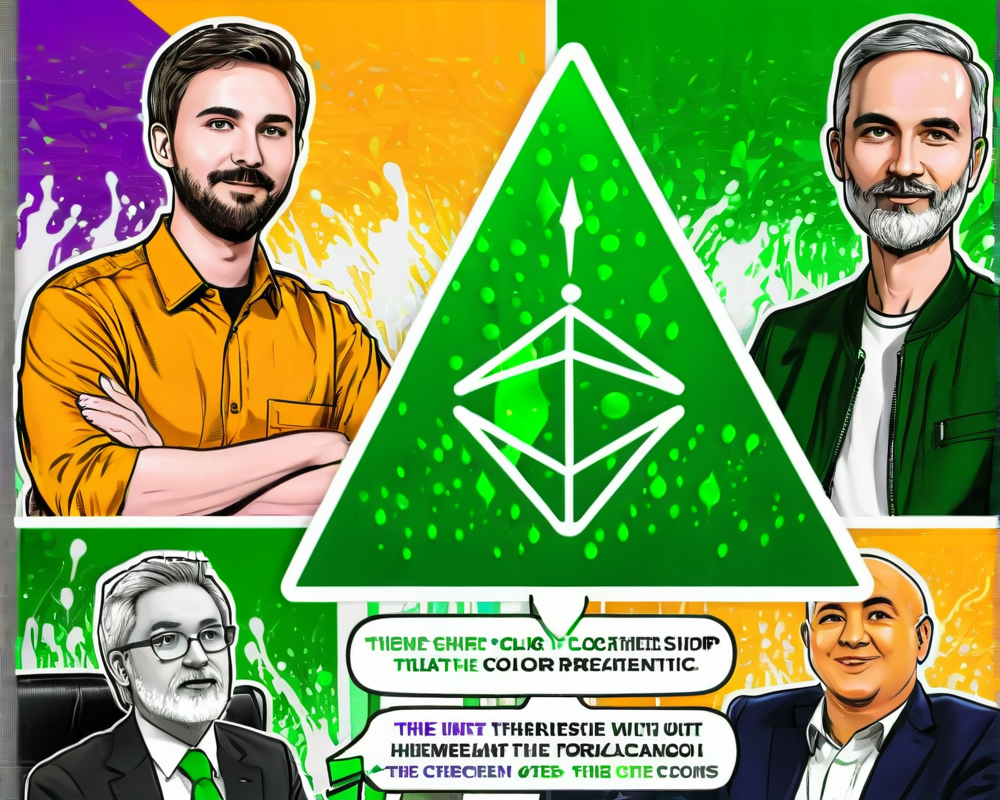The Web3 Shift: A New Era for Startups
At Paris Blockchain Week 2023, a panel of seasoned professionals took a deep dive into the waves Web3 is making. Unlike its predecessor, Web2, which thrived on centralized control, Web3 is breaking down barriers and reshaping how startups function and how investors approach these innovative business models. This shift is akin to switching from VHS to streaming—it’s not just an upgrade, it’s a whole new experience!
Culture Shaping Ecosystems
The discussion titled “Crypto, Culture, and Capital: How Web3 is Changing the Game for Startups and Investors” uncovered the unique cultural elements of Web3 startups. As Laurenz Apiarius, founder of Blockwall Digital and Blockwall Capital, pointed out, the celebratory milestones of Web3 entrepreneurs come with a mixed bag of consequences. These new companies aren’t just born in a vacuum; they’re influenced by a distinct culture that often prioritizes community and decentralization over profit margins.
Valuations and Reality Check
However, with great hype comes great responsibility—or irresponsibility. Apiarius highlighted a worrying trend where some entrepreneurs exploit the Web3 narrative, attracting overenthusiastic investors blinded by the potential of futuristic tech. Picture a kid at a candy store, overspending on sweets with a sugar rush that leads to a crashing headache. It’s a cautionary tale where excitement can cloud judgment, ultimately hurting investors when the promised innovations don’t materialize.
Investors Need to Adapt
As the landscape evolves, the needs of Web3 organizations diverge significantly from those of the Web2 realm. Amos Meiri, of Node Capital, emphasized that investors must adapt to these changes. It’s crucial for them to understand the technical intricacies, legal frameworks, and marketing strategies that underpin Web3 projects. Without this knowledge, their support might fall flat or, worse, misdirected. Think of it like trying to fix a washing machine with only a toaster’s manual; it’s bound to go wrong.
DAOs: The Future of Governance?
In the conversation’s latter half, Igneus Terrenus from BitDAO threw some light on the decentralized autonomous organization (DAO) governance model. While admitting it isn’t perfect, Terrenus argued that DAOs could play a pivotal role in future governance, especially alongside traditional limited liability companies (LLCs). Implementing incentivization and proper education for DAO participants stands as a hopeful step towards a more streamlined collaborative frequency in Web3.




